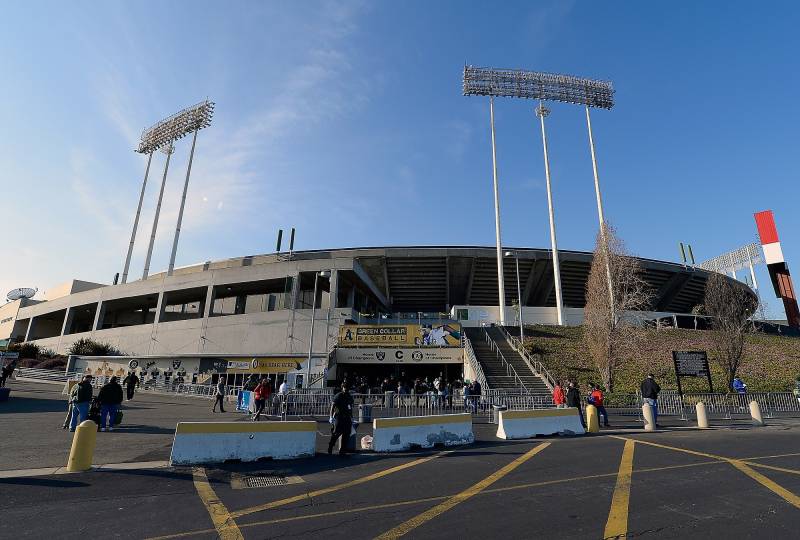After last-minute spending changes and two long days of public hearings and deliberation, Oakland City Council passed a budget on Tuesday for the fiscal year that started this week. The council approved an amended version of Mayor Sheng Thao’s proposal that hopes to largely maintain public safety services despite a massive deficit.
The process has been complicated by the city’s plan to use funds from the pending sale of its half of the Oakland Coliseum site, raising concerns about Oakland’s future financial stability and its ability to maintain police and fire services.
During Tuesday’s meeting, the council voted 5–3 to approve a version of the budget originally introduced by Thao’s office on May 24, with a contingency plan should the Coliseum sale not go through by September. Councilmembers Janani Ramachandran, Treva Reid and Noel Gallo voted against the budget, though the council unanimously voted in favor of an amendment that reallocates $900,000 to maintain three community safety ambassador programs in East Oakland.

